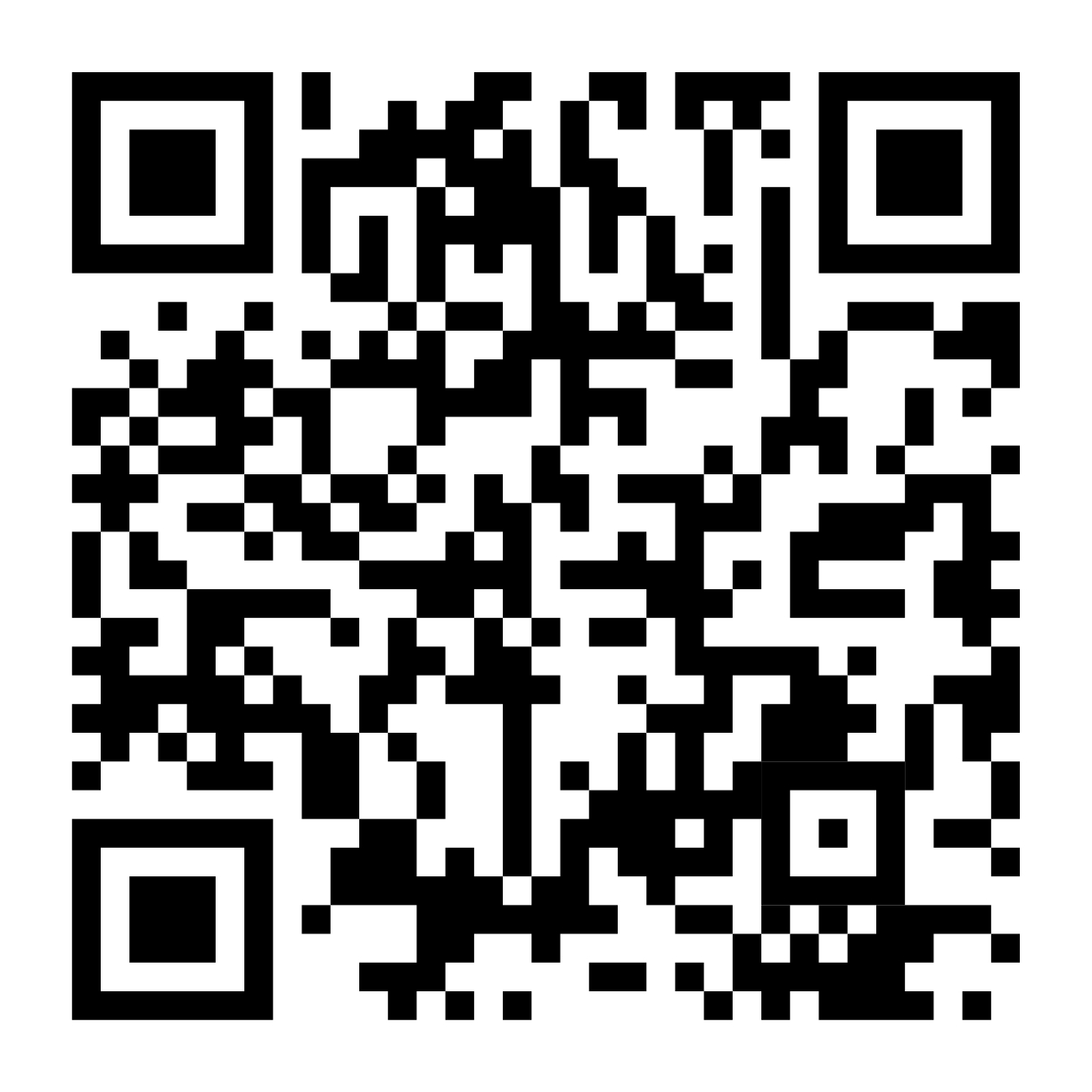Learning Innovation in Global Citizenship Education by Integrating Deep Learning Approach
DOI:
https://doi.org/10.23917/jdl.v1i2.11224Keywords:
adaptive learning, artificial intelligence, critical thinking, deep learning, global citizenship education, innovative learning methods, interactive learningAbstract
Conventional learning methods in dealing with the complexity of dynamic and multidimensional global issues in learning global citizenship education are still ineffective, this can be seen from the low understanding and awareness of students in solving global issues that occur. This research aims to develop and test learning innovations by integrating deep learning approaches to improve students' understanding and participation in
the context of global citizenship. The research method used was quantitative research with an experimental approach. The research subjects consisted of senior high school students in a sample school. The research instruments included questionnaires, comprehension tests, and observations used to measure the effectiveness of learning before and after the application of the deep learning approach. The collected data were analyzed using descriptive and inferential statistics to assess the improvement of learning outcomes. The results showed that the integration of deep learning approach in global citizenship education significantly improved students' concept understanding, critical thinking skills, and learning motivation. Students become more active and able to connect civic education materials with contemporary global issues more deeply. The implication of this research finding is that the application of deep learning technology can be an effective innovative strategy in developing global citizenship education that is adaptive and responsive to the challenges of the times. This encourages educators to utilize artificial intelligence technology in the learning process to create a more interactive and meaningful learning experience.
Downloads
References
Castek, J., & Dwyer, B. (2018). Think global-ly, act locally: Teaching climate change through digital inquiry. The Reading Teacher, 71(6), 755–761. https://doi.org/10.1002/trtr.1687
Cummings, J. B., & Blatherwick, M. L. (Eds.). (2017). Creative dimensions of teaching and learning in the 21st century. Springer.
Darma, S. (2020). Model pembelajaran pen-didikan kewarganegaraan global ber-basis multikultural. Universitas Pen-didikan Indonesia.
Gunawardena, C. N., Chen, Y., Flor, N., & Sánchez, D. (2023). Deep Learning Models for Analyzing Social Construction of Knowledge Online. Online Learning, 27(4), 69-92.
Martini, S. (2017). Landasan filsafat kon-struktivisme dalam pembelajaran sains. Mangifera Edu: Jurnal Biologi dan Pendidikan Biologi, 2(1), 43–49.
Mayo, M., Gaventa, J., & Rooke, A. (2009). Learning global citizenship? Exploring connections between the local and the global. Education, Citizenship and So-cial Justice, 4(2), 161–175. https://doi.org/10.1177/1746197909103935
Pisani, S. (2019). The globally competent teacher: Examining the nationalism/cosmopolitanism tension and teacher orientations in global education.
Smith, W. C., Fraser, P., Chykina, V., Ikoma, S., Levitan, J., Liu, J., & Mahfouz, J. (2017). Global citizenship and the im-portance of education in a globally inte-grated world. Globalisation, Societies and Education, 15(5), 648–665. https://doi.org/10.1080/14767724.2016.1222896
Sunarto, S., & Sutrisno, A. P. A. (2021). Analysis of online learning policy for citizenship education subject teachers in digital literacy development. In Proceed-ings of InCESH (Vol. 581, pp. 383–389).
Sutrisno, S., Sapriya, S., Komalasari, K., & Rahmad, R. (2021a). Implementasi model pembelajaran proyek warga glob-al dalam pembelajaran pendidikan kewarganegaraan. Jurnal Ilmiah Pen-didikan Pancasila dan Kewarganega-raan, 6(1), 155–164. https://doi.org/10.17977/um019v6i1p155-164
Sutrisno, S., Sapriya, S., Komalasari, K., & Rahmad, R. (2021b). A conceptual learning model of global civic education in Indonesia. In Empowering Civil Soci-ety in the Industrial Revolution 4.0 (pp. 140–146). https://doi.org/10.1201/9781003180128-27
Sutrisno, S., Sapriya, S., Komalasari, K., & Rahmat, R. (2021). Pendidikan kewar-ganegaraan global sebagai resolusi kon-flik sosial. Jurnal Pancasila dan Kewarganegaraan, 6(2), 43–54. https://doi.org/10.24269/jpk.v6.n2.2021.pp43-54
Sutrisno, S., Sunarto, S., & Jumadi, J. (2023). Global citizenship education in the per-spective of strengthening Pancasila stu-dent profiles. Jurnal Civics: Media Kajian Kewarganegaraan, 20(2), 322–331. https://doi.org/10.21831/jc.v20i2.63983
Sutrisno. (2025). Hasil observasi inovasi pembelajaran pendidikan kewarga-negaraan global dengan menginte-grasikan pendekatan deep learning. (Manuskrip tidak diterbitkan)
VanderDussen Toukan, E. (2018). Educating citizens of ‘the global’: Mapping textual constructs of UNESCO’s global citi-zenship education 2012–2015. Educa-tion, Citizenship and Social Justice, 13(1), 51–64. https://doi.org/10.1177/1746197917700909
Wittayakhom, N., & Piriyasurawong, P. (2020). Learning management STEAM model on massive open online courses using augmented reality to enhance crea-tivity and innovation. Higher Education Studies, 10(4), 44–53. https://doi.org/10.5539/hes.v10n4p44
Yulianto, H., & Iryani. (2024). An explorato-ry review of deep learning methods in education. Jurnal Studi Ilmu Penge-tahuan Sosial, 5(2), 144–157.
Downloads
Submitted
Accepted
Published
Issue
Section
License
Copyright (c) 2025 Sutrisno Sutrisno, Sunarto Sunarto, Dyah Mustikasari (Author)

This work is licensed under a Creative Commons Attribution 4.0 International License.





